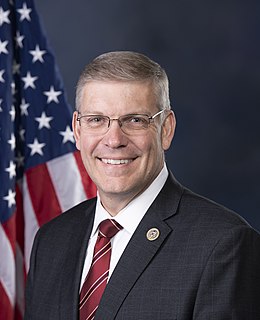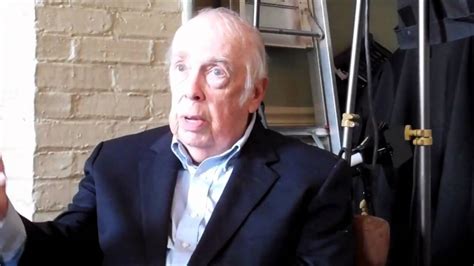A Quote by Ilana Mercer
But public works, economic protectionism, cheap money, "deficit-financed government spending," and "the animal spirits of the spendthrift in the service of boosting "consumption demand"... Doesn't Keynesianism simply appeal to the worst in human nature?
Related Quotes
It is my view that what is important is cutting government spending, however spending is financed. A so-called deficit is a disguised and hidden form of taxation. The real burden on the public is what government spends (and mandates others to spend). As I have said repeatedly, I would rather have government spend one trillion dollars with a deficit of a half a trillion than have government spend two trillion dollars with no deficit.
What's hurting the U.S. economy is total government spending. The deficit is an indicator that the government is spending so much money that it can't even get around to stealing all of the money that it wants to spend. But the tip of the iceberg is not what hit the Titanic - it was the 90 percent of the iceberg under water.
When you look at February's (2011) deficit spending alone, and the fact that it was larger than what our total deficit spending was in 2007, the proposals that the Senate is sending us simply are ridiculous, because it's not even a solution. It doesn't address the amount of spending that we have in a week's time. We need to get serious.
Conservatives in general, and even so called Tea Party conservatives, are not against transportation spending. Indeed, interstate commerce is one purpose of interstate highways and byways, and is one of the things the federal government is actually supposed to spend our tax dollars on. What conservatives are opposed to is needless and excessive spending, pork-barrel spending, deficit spending, spending to pick winners and losers among American individuals and corporations, and spending to promote the social and economic whims of the Washington few.
If the U.S. Government was a company, the deficit would be $5 trillion because they would have to account by general accepted accounting principles. But actually they encourage government spending, reckless government spending, because the government can issue Treasury bills at extremely low interest rates.
The unprecedented success of Keynesianism is due to the fact that it provides an apparent justification for the 'deficit spending' policies of contemporary governments. It is the pseudo-philosophy of those who can think of nothing else than to dissipate the capital accumulated by previous generations.
Remember that every government service, every offer of government - financed security, is paid for in the loss of personal freedom... In the days to come, whenever a voice is raised telling you to let the government do it, analyze very carefully to see whether the suggested service is worth the personal freedom which you must forgo in return for such service.
Conservatives and liberals are kindred spirits as far as government spending is concerned. First, let's make sure we understand what government spending is. Since government has no resources of its own, and since there's no Tooth Fairy handing Congress the funds for the programs it enacts, we are forced to recognize that government spending is no less than the confiscation of one person's property to give it to another to whom it does not belong - in effect, legalized theft.
If you have a private firm and you spend a ton of money to pay employees, but what you produce is a flop, there will be no value to GDP. But government spending all gets counted as contributing to economic growth. That's why in the early days of creating these measurements, some people didn't want to count government spending.
Broadly speaking, Keynesianism means that the government has a specific responsibility for the behavior of the economy, that it doesn't work on its own autonomous course, but the government, when there's a recession, compensates by employment, by expansion of purchasing power, and in boom times corrects by being a restraining force. But it controls the great flow of demand into the economy, what since Keynesian times has been the flow of aggregate demand. That was the basic idea of Keynes so far as one can put it in a couple of sentences.





































